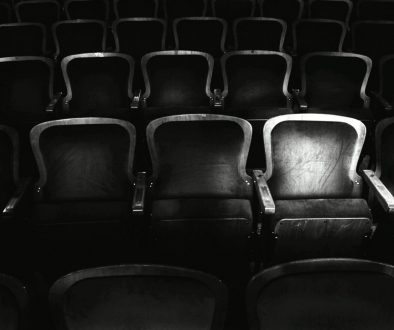The importance of diversity
The flood of entertainment
Over the last few decades, we have been flooded by „special events“ – entertainment and amusement to escape our daily routines. The supply of performances is no longer reduced to a night at the opera or an annual festivity. Stag parties and birthdays are now equipped with show acts, political presentations involve a theatrical script, and even your local bar runs regular foosball tournaments or pub quizzes.
Needing to be the most special of all special events
As a result, these not-so-rare happenings lose their uniqueness and, consequently, their impact on the audience. We are getting bored with the most exhilarating presentation. To compensate for this effect and to become “even more special”, producers and directors started to reach out for new elements for including them in their performances. As a result, violinists play in discotheques, strippers perform in operas, fashion designers create stage costumes, and theatre machinery is used for one-off product presentations. These new elements assist each production to stand out in its considerable competition.
What makes it really special?
However, these creative elements also have their limits if not incorporated with significance and authenticity. And since any live performance can ultimately be reduced to its connection with a real audience, this is where personal relationships come into play. The audience is not made of machines, nor is a creative ensemble. And we are all different in a good way. We hold unequal values and interests. What might appeal to one, may not be touching for another – and vice versa. If we desire to generate a connection across the edge of the stage, we may use our team’s diversity for offering the audience a greater variety of personal exchange and identification.
The uniqueness appears to be close-by
Similar to combining creative elements like Sound, Light, Costumes, and Choreography, we may reconcile the crew’s different viewpoints and values towards one final outcome. The strong points of others then expand our own possibilities. We can supplement each other on a very intimate level. Is that easy? No! But it is well worth reaching for a production’s true uniqueness.
Want to find out more about the interplay of different people and (work-) cultures? Subscribe to the list or check out my book “Collaborating Backstage”! I am also happy to hear your thoughts about this topic! Cheers! Timo



